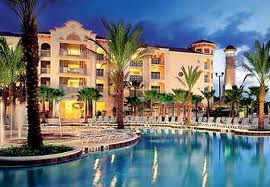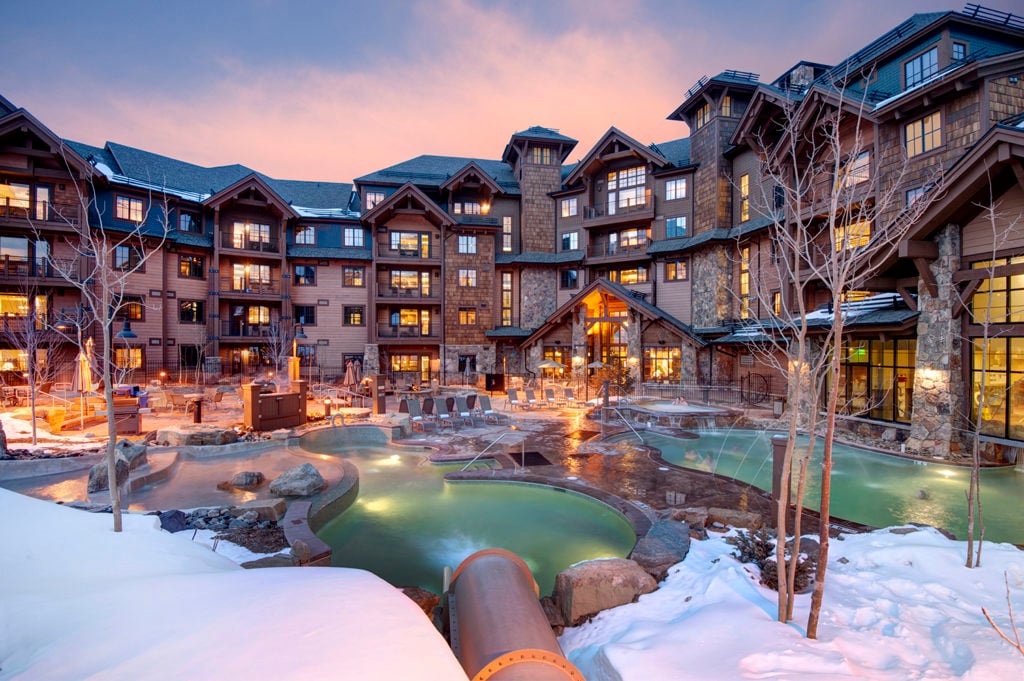If the vacationing prospects refuse to take the trip, they may discover the price of their lodgings substantially increased, possibly be directed to leave the property, and all rewards withdrawn or voided. The prospective purchasers (hereby referred to as prospects) are seated in a hospitality room (a term designated by the land sales industry in the 1960s) with many tables and chairs to accommodate households. The potential customers are appointed a trip guide. This person is normally a certified genuine estate agent, however not in all cases. The actual expense of the timeshare can just be priced estimate by a licensed genuine estate representative in the United States, unless the purchase is a right to use as opposed to an actual property transaction via ownership.
After a warm-up duration and some coffee or snack, there will be a podium speaker welcoming the prospects to the resort, followed by a film developed to charm them with exotic locations they could check out as timeshare owners. The potential customers will then be invited to take a tour of the residential or commercial property. Depending on the resort's readily available stock, the tour will include an accommodation that the tourist guide or agent feels will best fit the prospect's household's needs. After the tour and subsequent go back to the hospitality room for the spoken sales discussion, the prospects are given a brief history of timeshare and how it relates to the holiday industry today.
The potential customers will be asked to tell the tourist guide the locations they want to visit if they were timeshare owners. The rest of the presentation will be designed around the reactions the potential buyers provide to that question. If the guide is licensed, the prospect will be estimated the market price of the specific unit that best appeared to fit the prospective buyer's requirements. If the trip guide is not a licensed agent, a certified representative will now step in to provide the rate. If the prospect responds with "no", or "I would like to believe about it", the prospect will then be given a brand-new reward to purchase.
If once again, the reply is "no", or "I want to think of it", the sales representative will ask the possibility to please talk with one of the supervisors before the prospect leaves. It is at this moment that the possibility recognizes that the tour has in fact just started. A sales manager, assistant manager or task director http://www.wesleytimeshare.com/timeshare-scams/ will now be contacted us to the table. This procedure is called: "T.O.", or getting the turn over man to discover a reward usually in the kind of a smaller sized less costly unit or a sell unit from another owner. This strategy is commonly utilized as a sales ploy, since the resort is not interested in reselling currently deeded property.
If one incentive does not move a possibility to acquire, another will follow quickly, till the possibility has either purchased, convinced the typically really polite sales team that no indicates no, or has actually gotten up from the table and exited the structure. Timeshare sales are typically high-pressure and fast-moving affairs. Some people get captured up in the enjoyment of the sales presentation and sign a contract, just to realize later on that they may have made a mistake. U.S. Federal Trade Commission mandates a "cool down period" that enables individuals to cancel some types of purchases without penalty within three days. Additionally, nearly all U.S.

The Ultimate Guide To Percentage Of American Population Who Own A Timeshare
In Florida, a new timeshare owner can cancel the purchase within ten days. The law differs by jurisdiction as to whether out-of-state purchasers go through the rescission duration of their state of residence, or the rescission duration of the state where the timeshare purchase was made (e. what happens when timeshare mortgage is complete. g., in Florida, the 10-day rescission duration uses to all purchasers; therefore, a Texas purchaser who would just have 5 days in Texas, has the entire 10-day period allocated by Florida Statutes). Another typical practice is to have the prospective buyer indication a "cancellation waiver", using it as a reason to reduce the price of the timeshare in exchange for the purchaser waiving cancellation rights (or paying a charge, such as losing 10% of the purchase rate, if the sale is cancelled).
If a current timeshare buyer wants to rescind or cancel the timeshare contract, the intent to cancel must be made within the designated period in composing or personally; a phone conversation will not be enough. Over the last few years, a timeshare cancellation industry has formed by companies who supply one easy service: timeshare cancellations. Nevertheless, some of these business are presumed of being deceitful. It is more than likely that a brand-new timeshare owner might have acquired the same product from an existing owner on the timeshare resale market for drastically less than what the buyer paid from the resort developer, simply by doing a computer search.
The brand-new buyer generally pays only minimum real estate transfer costs and consents to take control of the upkeep charges, because the existing owner can't find a buyer for his/her timeshare without paying a resale company countless dollars to absorb it for resale. The reason for this anomaly is that the lion's share of the expense of a brand-new timeshare are sales commissions and marketing overhead, and can not be retrieved by the timeshare owner. Another reason a brand-new owner https://www.insurancebusinessmag.com/us/news/breaking-news/timeshare-specialists-launch-into-insurance-233082.aspx might want to cancel is purchaser's remorse following the subsidence of enjoyment produced by a sales presentation. He might have understood that he is unsure just what has been bought and how it works, or may have realized the unlimited duration of a commitment to pay ownership maintenance charges, or might have observed that he understands insufficient about the timeshare sales company, due to inadequate time throughout the sales process (what are the advantages of timeshare ownership).
Also called Universal Lease Programs (ULPs), timeshares are thought about to be securities under the law. Many timeshare owners complain about the yearly maintenance cost (that includes real estate tax) being too high. Timeshare designers contend that pricing compared to remaining at hotels in the long term is predicted to be lower to the timeshare owner. Nevertheless, a hotel guest does not have a month-to-month vacation home mortgage payment, in advance expense, repaired schedule, maintenance fees, and predetermined getaway places. Many owners also complain that the increasing cost of timeshares and accompanying maintenance and exchange fees are rising faster than hotel rates in the exact same areas.

" The affordable cost I estimated you is just good if you purchase today", is the industry standard's pitch to close the sale on the very first visit to the resort. how to mess with timeshare salesman. Numerous have left a timeshare trip experiencing being tired by the barrage of salesmen they had to handle before they lastly exited the tour. The term "TO", or "turn over" man, was coined in the land market, and rapidly progressed to the timeshare market. When the original tourist guide or salesman gives the potential buyer the pitch and cost, the "TO" is sent in to drop the rate and protect the deposit.